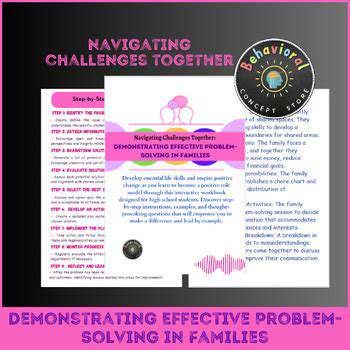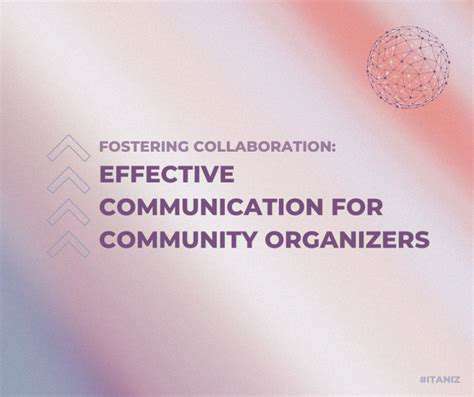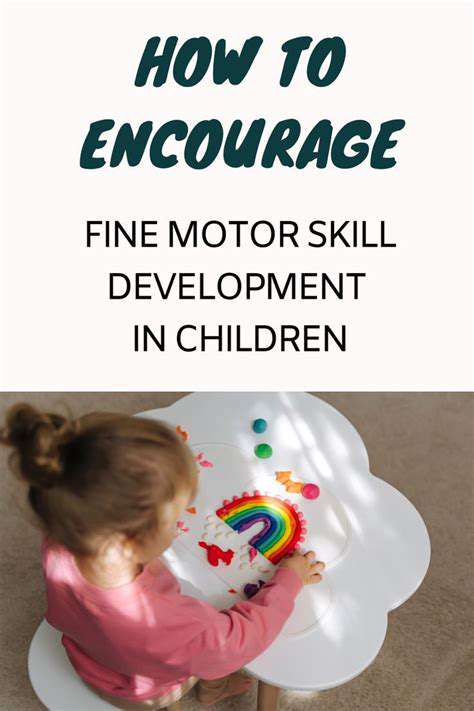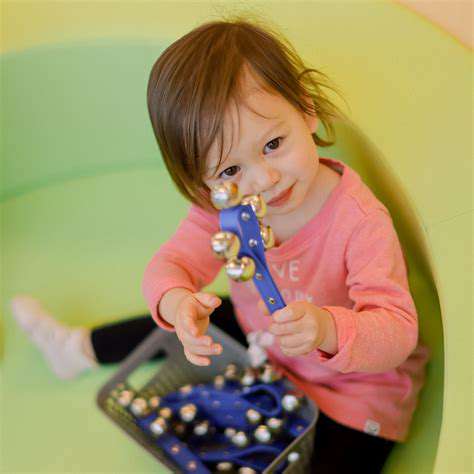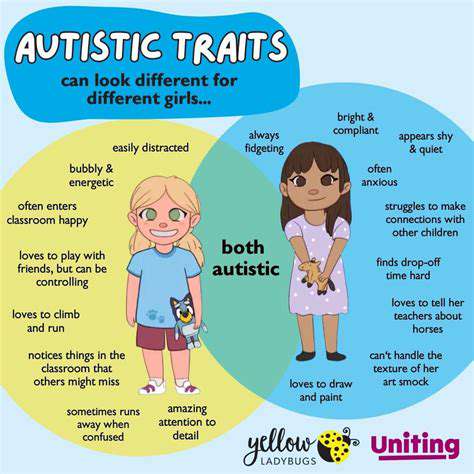Addressing Childhood Fears: Understanding and Comforting
Identifying the Root Causes of Fear
Understanding the Psychology of Fear
Fear, a fundamental human emotion, plays a crucial role in survival. It's a protective mechanism that alerts us to potential dangers. However, when fear becomes excessive or disproportionate to the perceived threat, it can significantly impact a child's well-being and development. Understanding the psychological underpinnings of fear, including the role of genetics, learned behavior, and environmental factors, is essential for addressing childhood fears effectively.
Children often develop fears based on their experiences. Observing fearful reactions in caregivers, witnessing traumatic events, or encountering frightening situations can all contribute to the development of anxiety and fear. A child's interpretation of these experiences, along with their individual temperament and personality traits, further shape the intensity and duration of their fears.
The Impact of Fear on Development
Unresolved or persistent fears can have a significant impact on a child's emotional, social, and cognitive development. Children experiencing chronic fear may struggle with concentration, exhibit avoidance behaviors, and experience difficulties forming positive social connections. Furthermore, fear can manifest physically, leading to sleep disturbances, stomach aches, or other physical symptoms.
Early intervention is crucial in mitigating the long-term effects of fear. Addressing a child's anxieties and helping them develop coping mechanisms can promote emotional well-being and foster healthy development.
Identifying Common Childhood Fears
Children experience a wide range of fears, evolving as they grow and develop. Common fears in early childhood often center around separation from caregivers, loud noises, the dark, and imaginary creatures. As children get older, fears may shift to social situations, academic pressure, or physical harm.
Recognizing these common fears can help parents and caregivers understand and respond appropriately, fostering a supportive environment for the child.
The Role of Environmental Factors
Environmental factors significantly influence a child's fear responses. Living in a high-stress environment, experiencing violence or abuse, or witnessing stressful events can contribute to the development of anxiety and fear. Furthermore, the child's relationships with family members and peers, as well as the broader social environment, all play a role in shaping their emotional landscape.
Strategies for Addressing Childhood Fears
Addressing a child's fear requires a compassionate and understanding approach. Creating a safe and supportive environment is paramount. Active listening, validation of the child's feelings, and encouraging open communication are essential components of effective intervention. Techniques like relaxation exercises, cognitive behavioral therapy (CBT) techniques, and exposure therapy can be helpful in managing and overcoming fears. It's crucial to remember that each child is unique, and approaches should be tailored to their individual needs and circumstances.
The Importance of Professional Support
If a child's fear is persistent, severe, or impacting their daily life significantly, seeking professional help is essential. A therapist or counselor specializing in childhood anxiety can provide tailored support and guidance. They can assess the underlying causes of the fear, develop coping strategies, and create a personalized treatment plan. Professionals can help parents and caregivers understand the best approaches for supporting their child in overcoming their fears.

Encouraging Positive Coping Mechanisms
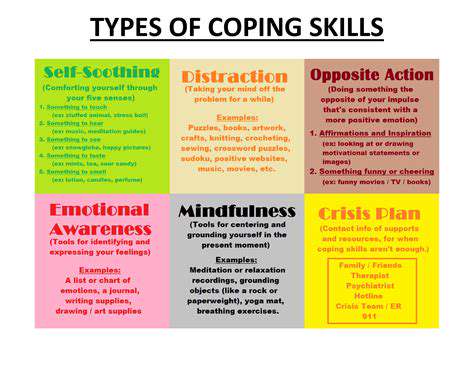
Identifying Healthy Coping Mechanisms
Developing a repertoire of healthy coping mechanisms is crucial for navigating life's challenges effectively. These mechanisms provide individuals with strategies to manage stress, anxiety, and other negative emotions in a constructive and sustainable manner. Understanding the different types of coping strategies available is the first step in creating a personalized toolkit for emotional well-being. This exploration will encompass a range of options, from mindfulness techniques to social support systems.
Identifying the triggers that lead to negative emotions is also an essential part of this process. By recognizing patterns and understanding the root causes, individuals can proactively implement coping strategies before emotional distress escalates. This self-awareness allows for a more targeted and effective approach to managing emotional responses.
Practical Strategies for Implementing Coping Mechanisms
Implementing coping mechanisms requires consistent practice and self-discipline. Consistency is key to building resilience and effectively managing stress. Regular engagement with chosen strategies reinforces their effectiveness and helps individuals develop a stronger emotional foundation. It's also important to acknowledge that the effectiveness of different coping mechanisms can vary from person to person.
Finding what works best for you may require some experimentation. What helps one individual might not resonate with another. Flexibility and a willingness to adjust your approach is crucial for long-term success. This could involve exploring different mindfulness techniques or seeking support from trusted friends or family members.
The Role of Social Support in Coping
Social support plays a significant role in bolstering resilience and providing a safety net during challenging times. Strong social connections can offer a sense of belonging and validation. Having trusted individuals to confide in and lean on can significantly mitigate the impact of stressful situations.
Connecting with others who share similar experiences can also provide valuable insights and support. Shared struggles and coping mechanisms can foster a sense of community and empower individuals to navigate their challenges together. Support groups and online forums can be valuable resources in accessing this type of social support.
Seeking Professional Guidance for Coping
When coping mechanisms are not sufficient to manage overwhelming emotions, or if individuals are struggling to identify effective strategies, seeking professional guidance is a valuable option. Mental health professionals can provide personalized support and tailored strategies to address specific needs and concerns. Professional guidance can be invaluable in helping individuals develop healthy coping mechanisms and navigate challenging life experiences.
Therapists are trained to assist individuals in identifying patterns, understanding triggers, and developing more effective coping strategies. They can also provide education on various coping mechanisms and emotional regulation techniques. This support can be crucial for individuals experiencing significant emotional distress or mental health challenges.





